This time of year as we approach those frigid subzero temperatures in the Twin Cities area, homeowners will experience one of winter's dreaded side effects: high utility bills due to increased heating needs. And while you can't do anything to change the outside weather, there are a number of things you can do in your home to minimize heat loss. Letting heated air escape from your home is a waste of both energy resources and money. You're basically paying to heat the outside air.
Yes, there is some leakage of cold air from the outside into your home that may occur. If your home is drafty in the winter, that's the case. But it isn't the greatest amount of air leakage. By the way, your mom had it backwards if you remember her yelling at you to shut the door so the cold air wouldn't come in. Actually, a greater amount of air transfer occurs from the inside of your home to the outside. So leaving a door open in the winter basically lets heated air outside. And you paid to heat that air, so watch your dollars fly out the door. Or not, if you take these precautions.
The largest amount of heat loss in a home is through window and door openings, so making sure these are sealed up should be your priority.Energy audits that make use of a blower fan and infrared scanners reveal plenty of heat escaping around window and door frames. If you've got an older home with old wood windows and doors that don't fit well in their openings, or if your windows aren't very energy-efficient, the amount of heat leaking out could be substantial. Replacing those old windows and exterior doors can make a major impact on heat loss. But if you're not ready to take that step yet, here are some other tips:
- Make sure your windows are locked. Having the lock engaged is important in terms of making sure the sections of the window are tightly sealed. The same goes for your patio door.
- Minimize use of exhaust fans such as those above the stove and in your bathroom. Those fans pull warm air from indoors and vent it outside. This one will take some experimenting to get the balance just right, though. You want to make sure you're running the fans for long enough to prevent condensation on your windows. That condensation can do damage to any wood frames. And in the bathroom, excessive condensation can lead to mold and mildew. You may want to have a a timer put on your bath fan so it doesn't get left on inadvertently.
- Install weather stripping around doors and windows. This is especially important if your doors and windows aren't very energy efficient.
- Insulate areas where heat loss occurs. It may surprise you that any openings, however small, in outside walls can leak warm air. Look for insulated pre-cut inserts for electrical outlets and wall switches.
- Is there sufficient insulation in your attic space? You want that attic space to stay cool - the function of your roof depends on it. A warm attic is not only a waste of heated air, but it can also lead to the development of ice dams. One spot to pay attention to is the attic access. Often people don't put insulation on the hatch or stair pull down. This is one spot that can get ignored, but it will lead to heat loss.
- Close the damper when your fireplace is not in use. It might surprise you just how much heat travels up a chimney.
- Add storm doors. Even if you have newer exterior doors, an extra layer - especially on northern exposures - provides an insulating cushion of air.
- Check your garage door. Attached garages can be a big source of heat loss in a home, and a poorly-fitting garage door means the heat is being sucked out every time you open it. Insulated garage doors are available, and you can install a rubber sweep at the bottom to eliminate drafts where the door and the floor meet.
If your windows and exterior doors are older, they are probably wasting energy and letting out that precious warm air. We'd love to talk to you about having newer energy-efficient ones installed. We also install storm doors. Why not contact us today for an in-home estimate with no obligation?
Quarve Contracting, Inc. is a licensed Minnesota home improvement company specializing in energy-efficient services including replacement windows, exterior doors, and storm doors. We serve the entire Twin Cities metro area as well as outlying communities, including western Wisconsin areas such as Hudson and Osceola.
Subscribe to Quarve Contracting's Blog


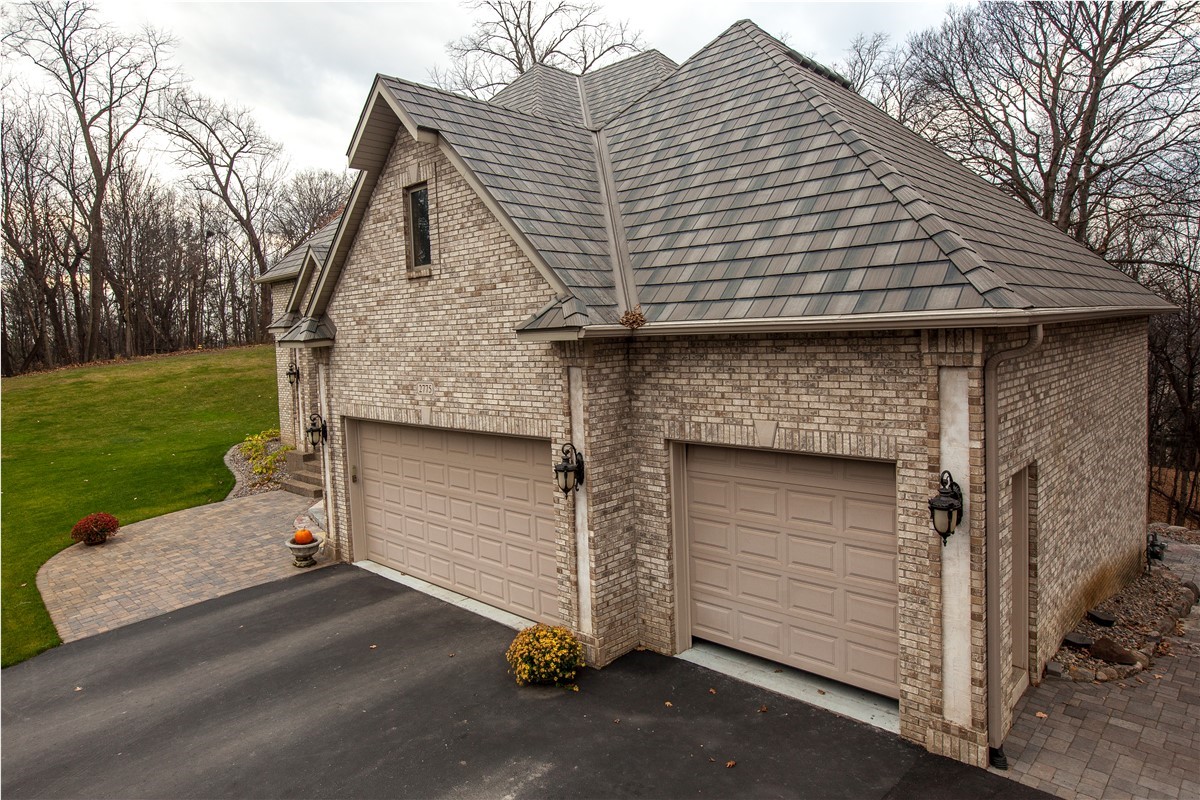
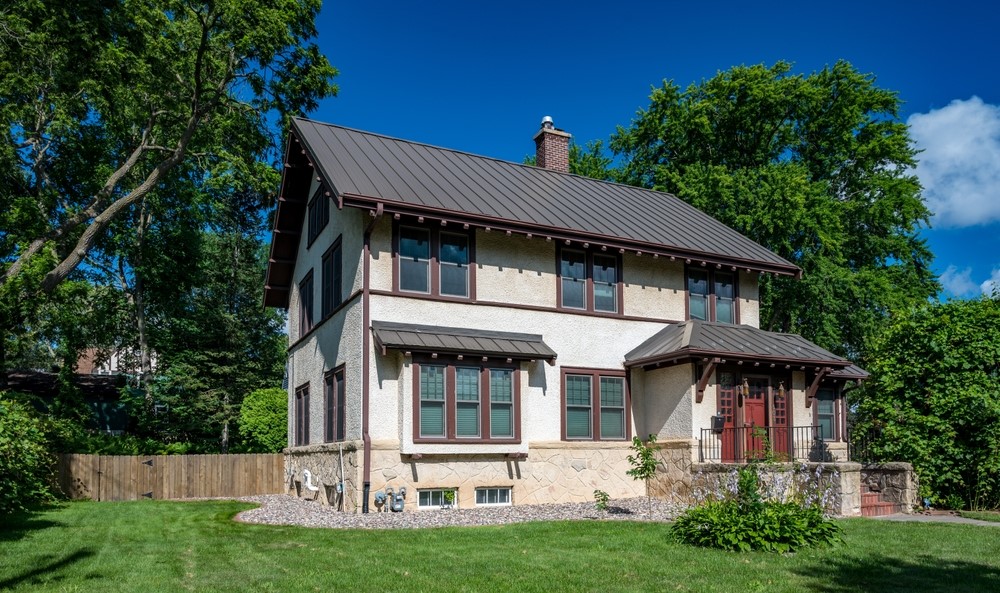
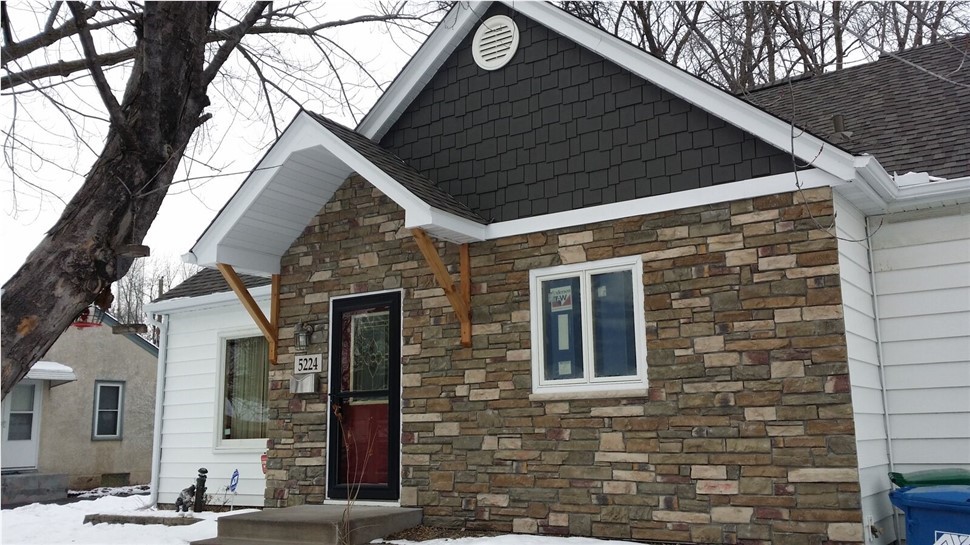
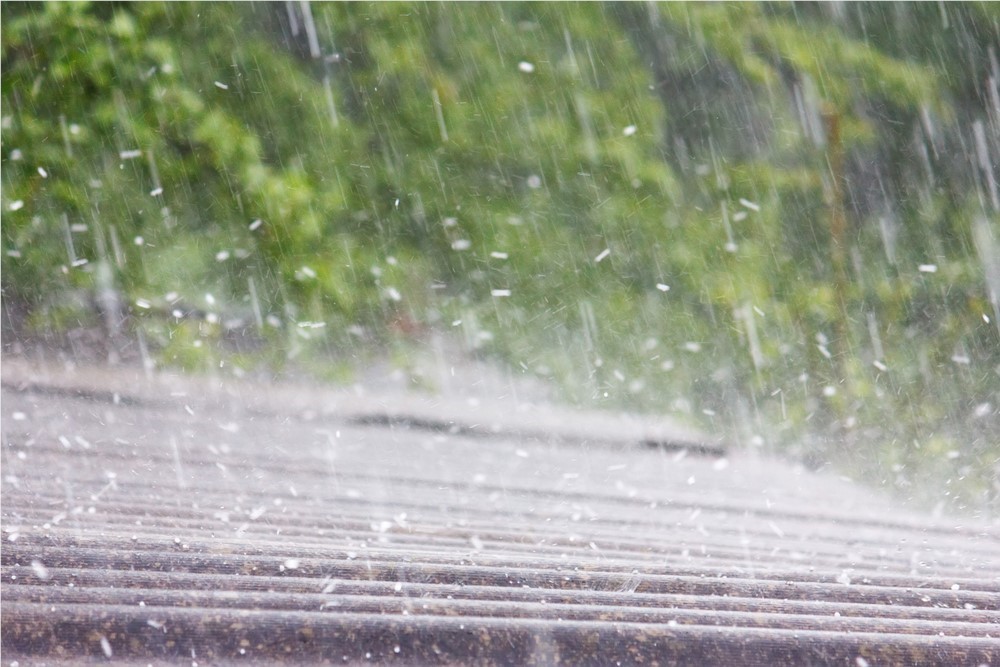
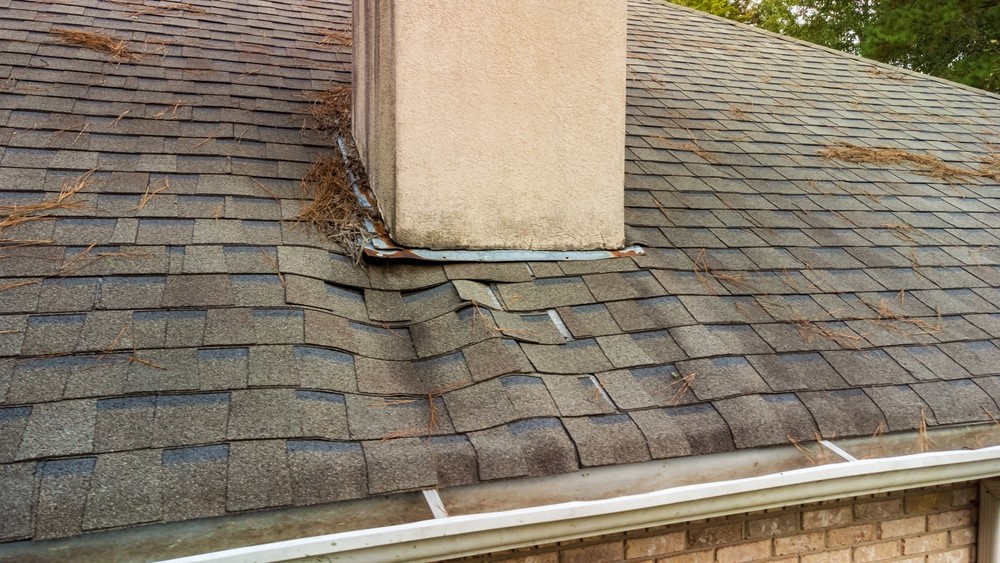
Comments